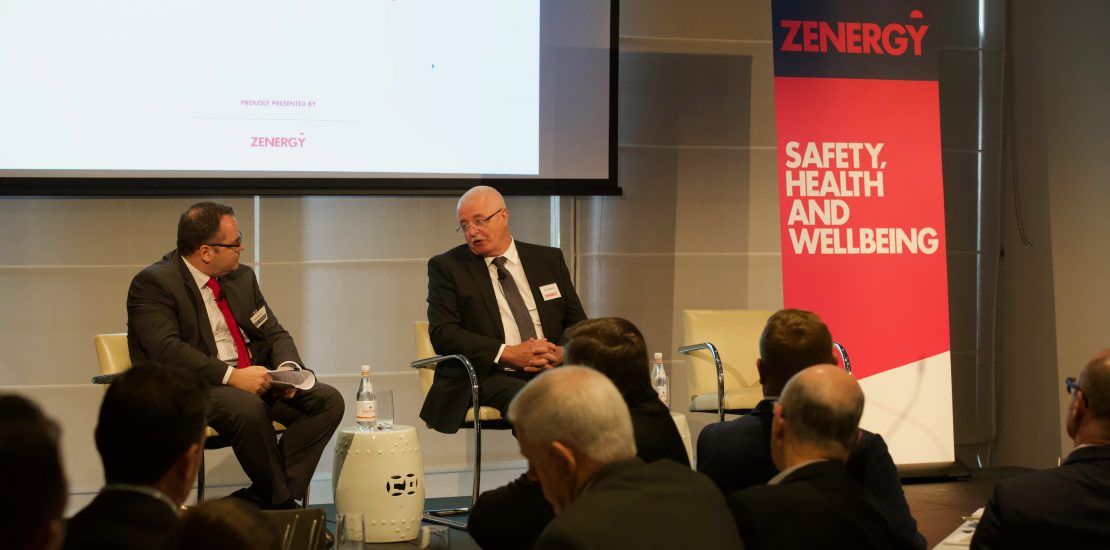CoR plans critical in lead up to 2018 changes

A former government road safety boss has urged transport and logistics industry employers to ignore “scare campaigns” on the incoming chain-of-responsibility laws, and outlined key processes organisations can implement to prepare for the laws.
Former Roads and Maritime Services NSW general manager of compliance operations, Paul Endycott, told Zenergy Group’s CEO’s forum in Sydney today that the new WHS-style laws will align with employers’ existing WHS systems and can be integrated into operations.
The laws passed in the Heavy Vehicle National Law’s host jurisdiction Queensland last year, and will take effect in participating states and the ACT in mid-2018 (see related article).
Endycott, who is now Zenergy’s chain of responsibility and heavy vehicle compliance principal consultant, says notable changes include that company executive officers will be more personally liable for road safety within their supply chain under a due-diligence regime.
Liability for vehicle roadworthiness will extend beyond drivers and operators, and regulators’ investigative powers will increase, allowing them to scrutinise driver contracts that encourage a “race to the bottom” on safety standards, he says.
“Those are the main changes that are coming in, and [the regime is] going to have some teeth for a change.”
CoR management plan and role definitions key
Endycott says it is still unclear what the final legalisation will look like, but there are key things employers can consider to ensure compliance is integrated into their existing systems.
These include developing and implementing a relevant code of conduct and chain of responsibility management plan, defining what each entity’s responsibilities are, and incorporating them into supply chain partner contracts, he says.
Once the relevant management plan is in place, employees need to be trained so they understand their responsibilities and what role they have for the purposes of the new legislation: for example, warehouse manager, loader, loading manager or consignor.
“You allocate that person that responsibility so they have to report on the non-compliances. From there, you develop your procedures, your safe work method statements and your compliance assurance conditions with your other parties,” Endycott says.
Implement these processes “as best as you can” into existing systems, with quality assurance and continuous improvement reporting procedures, he adds.
According to Endycott, how far employers need to go to ensure they are doing what is reasonably practicable to ensure vehicles are roadworthy depends on the identified risks. They could rely on the national heavy vehicle accreditation schemes for maintenance, or other ways of gaining assurance that roadworthiness is being maintained.
They need to ensure drivers and operators comply with contractual assurance conditions and reporting processes, and any views on how often to inspect vehicles are based on evidence from that process and through discussions with supply chain partners, he says.
“It’s got to be flexible, but it’s got to be considered, and that’s the important thing in doing what’s reasonably practicable.”
Initially published by OHS Alerts
Contact Us
Zenergy News






